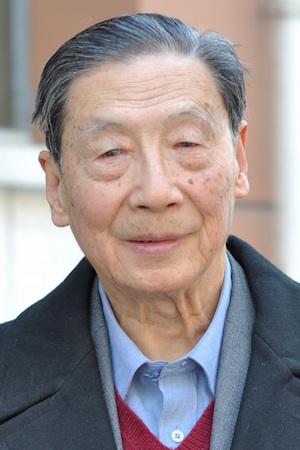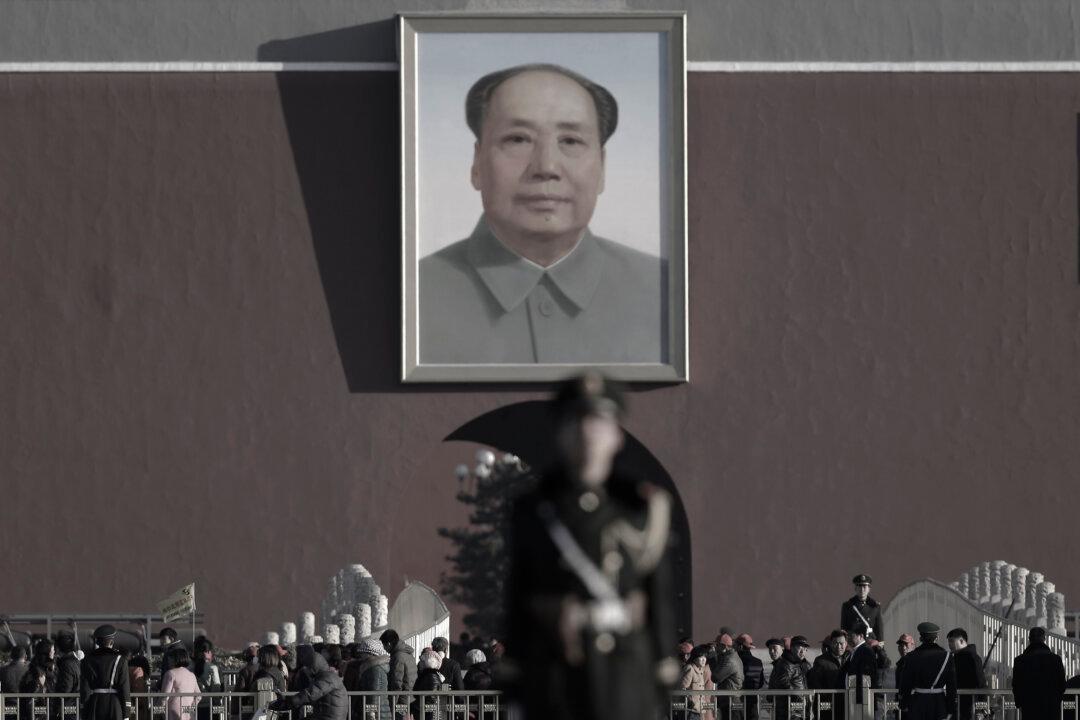A furious series of online posts by a famous Chinese economist known for his pro-democratic views went viral among Chinese netizens, criticizing the Communist Party’s manipulation of World War II history for propaganda purposes.
On Sept. 8, the 86-year-old Mao Yushi issued three consecutive Weibo posts about his views on the Anti-Japanese War Memorial and the recent military parade held in Beijing to celebrate the World War II defeat of Japan. His posts received more than 15,000 shares and 18,000 comments.
Sept. 3 marked the 70th anniversary of China’s victory over Japan in a eight-year-war, sometimes called the “Anti-Japanese War,” that began in 1937 and eventually became part of the Second World War.
Leading the Chinese forces against Japan were the armies of the Nationalist Party, which headed China’s republican government until being defeated by communist rebels in 1949. Recent portrayals of World War II by mainland media minimize the role played by the Nationalists, instead pushing a narrative that glorifies and exaggerates that of the communist guerrillas.
Mao Yushi’s posts, one of which directly credits Nationalist Party leader Chiang Kai-shek with the Japanese defeat, flies in the face of this Party-approved history. The other posts demanded a truthful look at China’s wartime history and encouraged mutual arms reductions among world powers including China and the United States.
“In commemorating the end of World War II, it is my wish that politicians around the world vow to never fight, to defend peace, and to oppose all warlike action including troop reviews, conscription, military exercises, and the arms trade.”
Mao’s statement appears to be a jab at the elaborate military parade held on Sept. 3 in Beijing, which showcased hundreds of vehicles and aircraft as well as over 10,000 personnel.
An Outspoken Academic





